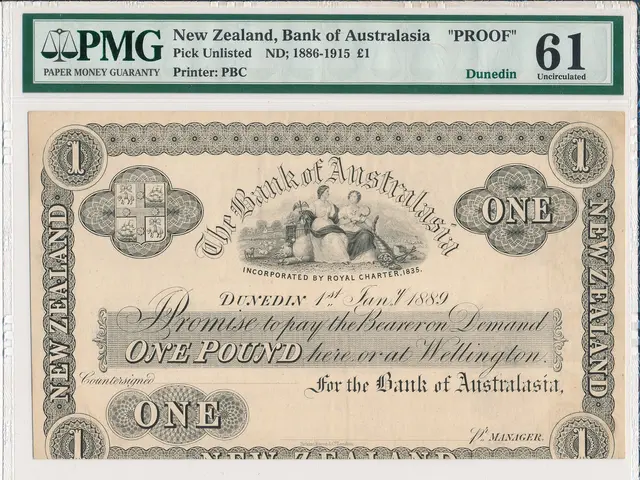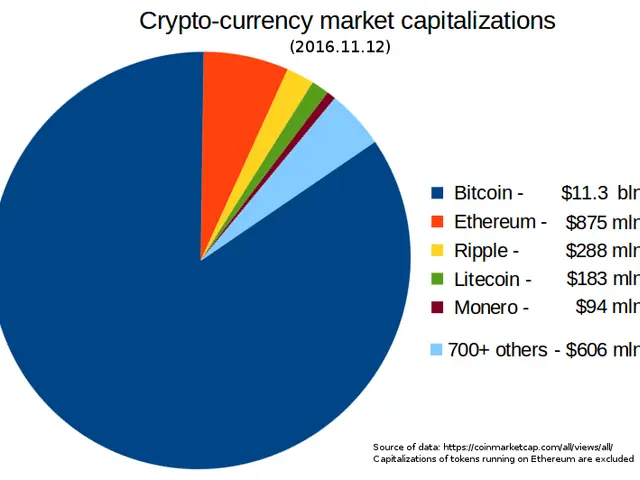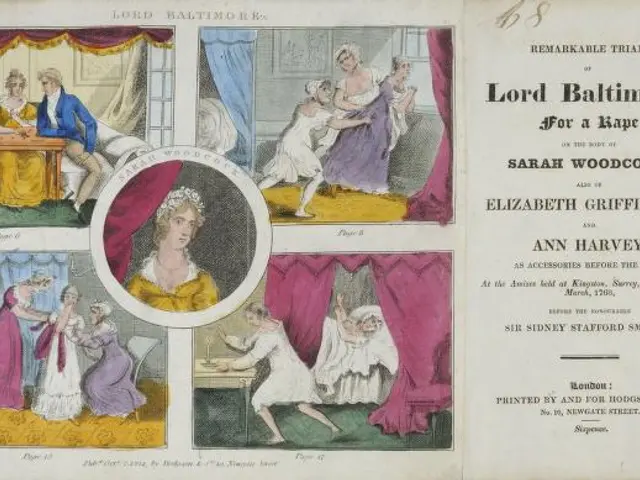Should one consider purchasing shares in Bristol Myers Squibb?
Over the past few years, it's been a rocky road for Bristol Myers Squibb (BMY, -1.03%). Their financial performance took a hit after the loss of patent exclusivity for two significant drugs in their lineup: the cancer medications Revlimid (previously their best-selling product) and Abraxane. Fortunately, Bristol Myers has bounced back, and their revenue is heading in the right direction again. However, the company is set to face more patent cliffs in the near future.
Is it still possible for the drugmaker to deliver impressive returns? Let's delve deeper.
Bristol Myers is not out of the red yet
In September, generic versions of Bristol Myers' cancer drug Sprycel hit the market. While it's not their most critical product, their star medicines Eliquis and Opdivo are likely to face the same predicament later in the decade. Eliquis, an anticoagulant, will lose patent exclusivity by no later than 2029. Opdivo's patent cliff is anticipated in 2028.
During the third quarter, Eliquis' revenue grew by 11% year over year to $3 billion. Opdivo's sales were $2.4 billion, increasing by 4% compared to the previous year. Bristol Myers' total revenue of $11.9 billion was 8% higher than the previous quarter, a robust performance for a pharmaceutical giant. Eliquis and Opdivo contributed approximately 45% of the company's revenue in the period. Bristol Myers will need to find a way to replace these major sources of income if it is to continue thriving.
Some positive developments for the company
Despite the generic erosion affecting Revlimid and Abraxane, Bristol Myers has managed to regain its footing, thanks to new drug approvals. Since 2019, the company has introduced several new medications to the market. Bristol Myers continues to innovate, as evidenced by the September approval of Cobenfy, a schizophrenia medication, by the U.S. Food and Drug Administration. The drug's market performance was given a significant boost by positive developments relating to Cobenfy.
AbbVie had been working on a potential competitor to Bristol Myers' Cobenfy, known as emraclidine. However, disappointing results from two phase 2 studies suggest that emraclidine is not likely to succeed. With less competition for Cobenfy, it is expected to generate higher revenue than previously predicted. According to one analyst, Cobenfy has the potential to reach peak sales of $10 billion, with that projection made even before emraclidine's phase 2 setbacks.
Thus, Cobenfy is expected to become a key growth catalyst for Bristol Myers throughout the 2030s, helping the company navigate the patent cliffs for Eliquis and Opdivo. Reblozyl, a therapy for anemia in beta-thalassemia treatments, which debuted in the U.S. market in 2019, will also provide support. In the third quarter, Reblozyl's revenue surged by 80% year over year to $447 million.
Breyanzi, a cancer treatment that received approval in 2021, is another promising addition. Breyanzi's revenue in the third quarter increased by 143% year over year to $224 million. Finally, Bristol Myers will continue to develop new drugs, with a pipeline boasting 51 compounds across numerous clinical trials.
Don't overlook the dividend
Competition and patent cliffs are not unfamiliar challenges for Bristol Myers. The company has proven its ability to overcome these obstacles in the past. Moreover, even amid its recent problems, Bristol Myers has consistently increased its dividend. Over the past five years, its dividend has grown by 33.3%. Its forward yield of 4.27% is significantly higher than the S&P 500's average of 1.32%. Bristol Myers' cash payout ratio is just under 35%, indicating a conservative approach that leaves room for further dividend growth.
Bristol Myers may not be for everyone. However, investors seeking dependable, blue chip dividend stocks would be well-advised to consider investing in this pharmaceutical giant.
Based on the text provided, here are two sentences that contain the words 'money', 'finance', and 'investing':
- Investors looking for reliable dividend income might consider Bristol Myers Squibb given its consistent dividend increases of 33.3% over the past five years and a forward yield of 4.27%, higher than the S&P 500's average.
- As Bristol Myers Squibb faces patent cliffs for its major revenue generators Eliquis and Opdivo, smart money in finance could be invested in the company's new drugs, such as Cobenfy, Reblozyl, and Breyanzy, which have shown promising growth potential.








